This is absolutely ridiculous.
At the end of May, Carlos Maza, a video producer for Vox and the host of his own series Strikethrough, shared on Twitter that over the last several years, he has been experiencing endless harassment from another YouTuber, Steven Crowder.
Maza says he has thick skin when it comes to typical harassment. He has to. If you've seen his series, it's a critique on media, from the trolls of YouTube all the way up to the top echelons of the journalism business. That type of scrutiny doesn't come without backlash and often harassment. I've watched it happen for years -- I've known Maza throughout our careers for about a decade (him at Media Matters, me at The Advocate and Mic), and we worked together at Vox for a little over two years. We were even desk neighbors for a time!
Throughout that period, I've watched him deflect and process endless amounts of heat, usually from conservative pundits and conspiracy theorist-types. They didn't just go after the arguments in his videos. They attacked him on the basis of being a gay man. They attacked him for being Latino.
"I've been called an anchor baby, a lispy queer, a Mexican, etc.," he tweeted May 30. "These videos get millions of views on YouTube. Every time one gets posted I wake up to a wall of homophobic/racist abuse on Instagram and Twitter." He was also doxed, meaning his personal phone number in this case had been made public. He's woken up to reams of texts telling him to "debate Steven Crowder."
Crowder, though, continues to make racist and homophobic remarks about him to his 3 million subscribers. Besides, Crowder says it's all just "friendly ribbing" (oh, please -- he sells a t-shirt that proclaims "Socialism is for f*gs," which then prompted Crowder's fans to sell a "Carlos Maza is a F*g" shirt!). This led Maza to file repeated complaints against him over the years, often to no avail. Until Wednesday, when YouTube, owned by Google, or Alphabet, or whatever, finally weighed in publicly about the harassment.
After reviewing the videos in question for several days, "while we found language that was clearly hurtful, the videos as posted don't violate our policies," Team YouTube responded. "As an open platform, it's crucial for us to allow everyone -- from creators to journalists to late-night TV hosts -- to express their opinions [within] the scope of our policies. Opinions can be deeply offensive, but they don't violate our policies, they'll remain on our site."
What YouTube had done was reduce these complaints down to the statements shared in videos, while completely refusing to accept the context in which this is all happening. Its leaders are missing the forest for the trees. The company fails yet again to even live up to its own safety and harassment standards as basically every major social media platform has done to marginalized people, for years: hide behind "free speech" arguments. Stepping in would be too murky -- no doubt it would create a major backlash from Crowder's supporters and right-wingers more broadly if they take his channel away. His followers would most certainly lash out against Maza, in the same ways they had before, or potentially worse.
"This just confirms what a lot of people in this space have suspected for a while, which is that YouTube's anti-harassment policies are bullshit," Maza said in a statement to The Verge, which is owned by the same parent company as Vox. "They're fake policies meant to trick advertisers into believing YouTube actually cares about policing what happens on its platform."
Later on Wednesday, YouTube head of communications Chris Dale wrote a longer statement, explaining that "in the subsequent days, we saw the widespread harm to the YouTube community resulting from the ongoing pattern of egregious behavior, took a deeper look, and made the decision to suspend monetization." And so Crowder would have to remove links to those "Socialism is for f*gs" shirts in order to get ads placed back onto his videos. Yeah. That's all.
But what is most disheartening is what Maza pointed out last week: YouTube claim to be allies of LGBTQ+ communities around the globe. Every Pride month there's nice little ads and some donations made. They prop up queer creators and promote their work. That's all well and good, but how is YouTube living up to its own values, when it comes to actually stepping in to end the blatant, menacing harassment its users carry out? Especially when, as Dale wrote Wednesday, "using racial, homophobic, or sexist epithets on their own would not necessarily violate either of these policies."
Juxtapose this with Maza earlier this month: "I work my fucking ass off to create smart, thorough, engaging content for YouTube, a company that claims to give a shit about LGBT creators. And its miserable to have that same company helping facilitate a truly mind melting amount of direct harassment."
This problem goes beyond YouTube. It's also Twitter, it's Facebook, it's Instagram. People of color, LGBTQ+ folks, and women deal with internet harassment on a disproportionate scale. For instance, lesbian, gay, and bisexual Americans "are more likely to have experienced multiple forms of harassment," according to a 2016 Data & Society survey with the Center for Innovative Public Health Research. In fact 61 percent of LGB internet users say they were called offensive names versus just 23 percent of straight users. Nearly half (49 percent) say another person has tried to embarrass them online versus 23 percent of straight people. Thirty-three percent of us have been sexually harassed online versus 6 percent of straight people, and 31 percent say they have been physically threatened online versus 10 percent of the heterosexual group.
Specific to Maza and Crowder, 18 percent of LGB respondents say someone has encouraged others to harass them, versus 4 percent of straight people. We are five times as likely to have "detrimental personal information" shared publicly by harassers. "There are no harassment experiences that are more likely to be experienced by heterosexual individuals than LGB individuals," Data & Society concludes.
This is not about free speech; it's about the unbalanced enforcement of the free speech protection. As Aja Romano points out, queer YouTubers have long been subjected to censorship, doxing, and demonitization campaigns, as well as purely homophobic ads on the platform during Pride month last year.
And while Crowder's content is probably hot garbage, I have no problem with people spouting hot internet garbage, and Maza says he doesn't either. It's our right as Americans to spout all the hot garbage we want. It's when the hot garbage becomes menacing or even incites violence that we have a problem.
I know it's easy for me to write an op-ed about a colleague being harassed. In fact Maza has received a fair amount of media attention so far, and I think that's largely because he is one of us -- a member of the media with a sizeable platform to publicly denounce his harassment. Vox Media has a solid internal system to protect employees who are being harassed and doxed online. But not everyone who is harassed online has that safety net.
What's most troubling to me is that if YouTube took this long to address this problem -- and really only offered a pretty lackluster solution -- will it fix this problem for teens being relentlessly harassed online? Dale says YouTube updates its policies regularly, and will revisit its harassment policy "to keep up with current problems," like white supremacist videos, fake so-called news, and borderline hate speech. But honestly, it feels like we are already off the rails.
RELATED | First American Company to Reach $1 Trillion Value Run by Gay Man











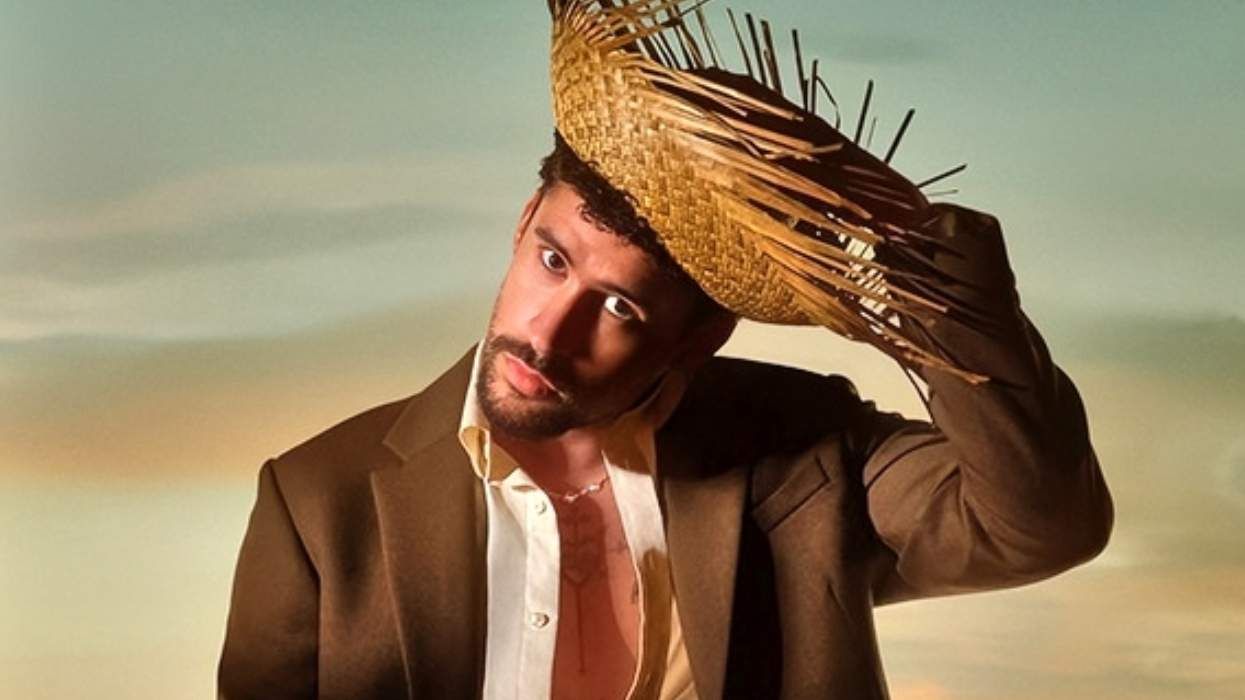





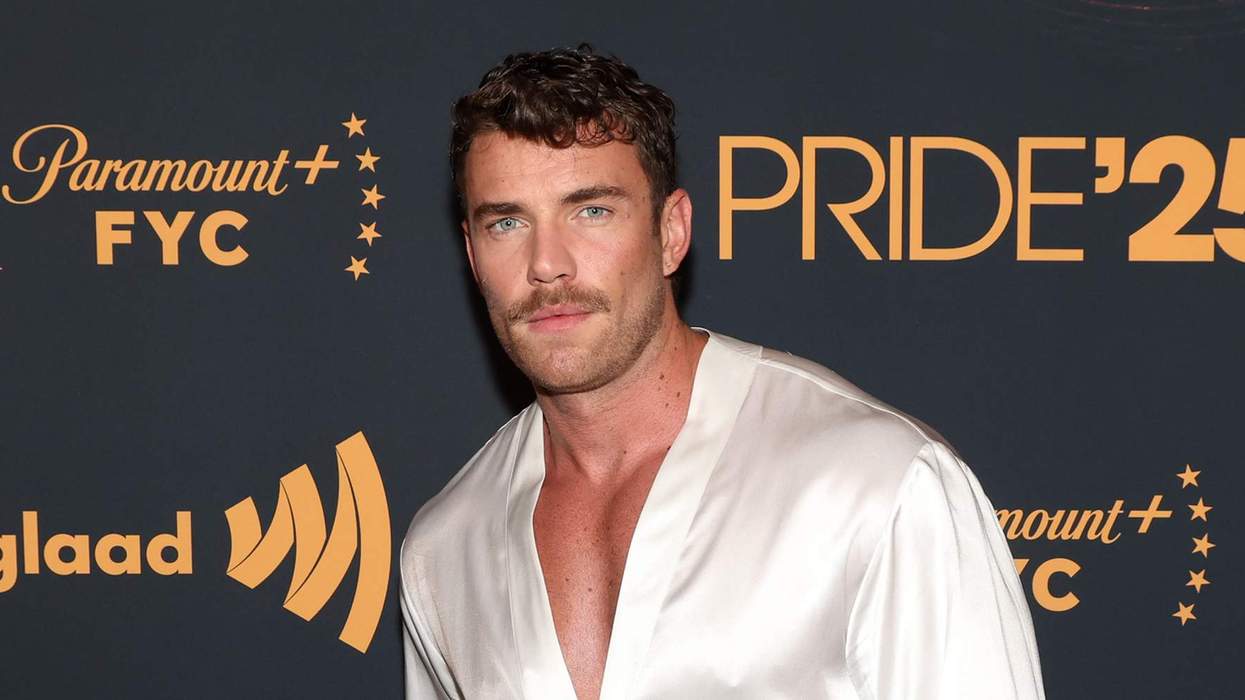
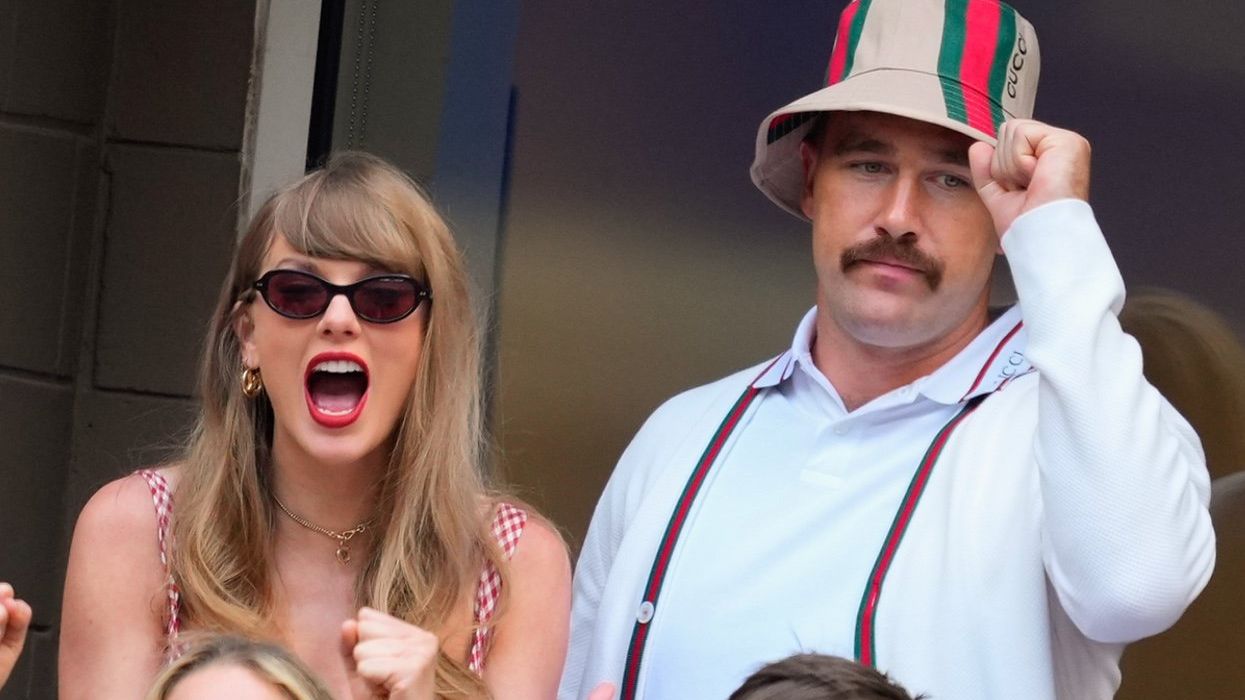
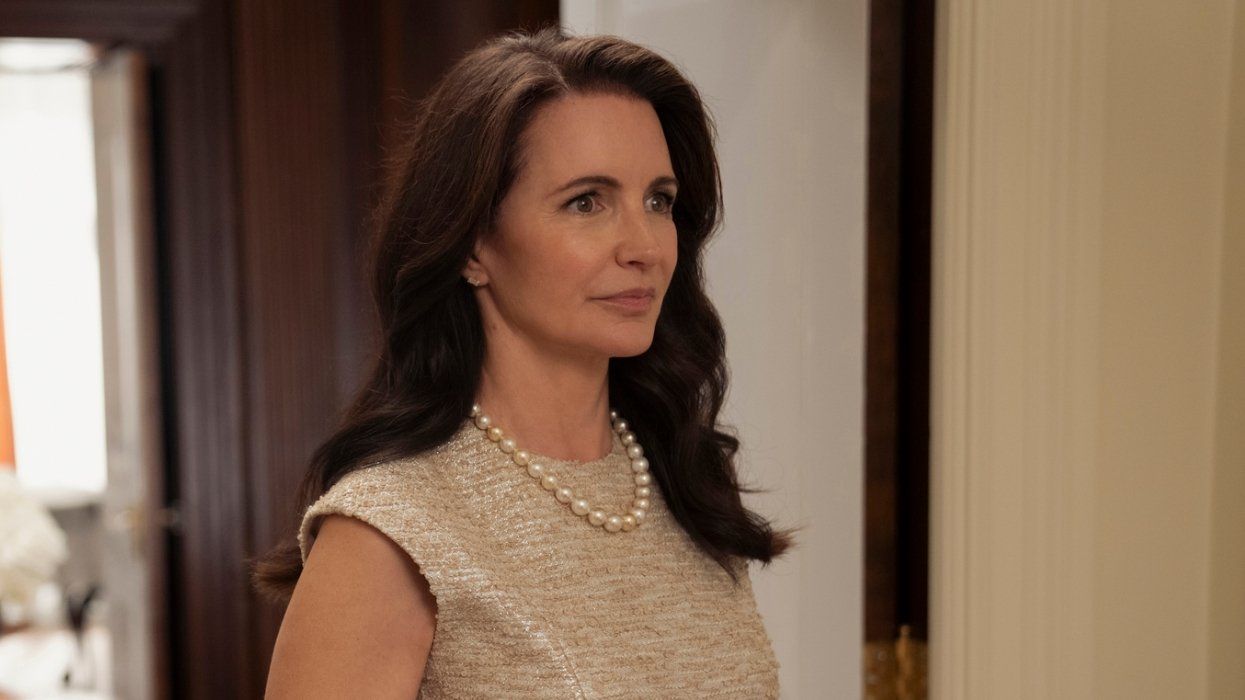
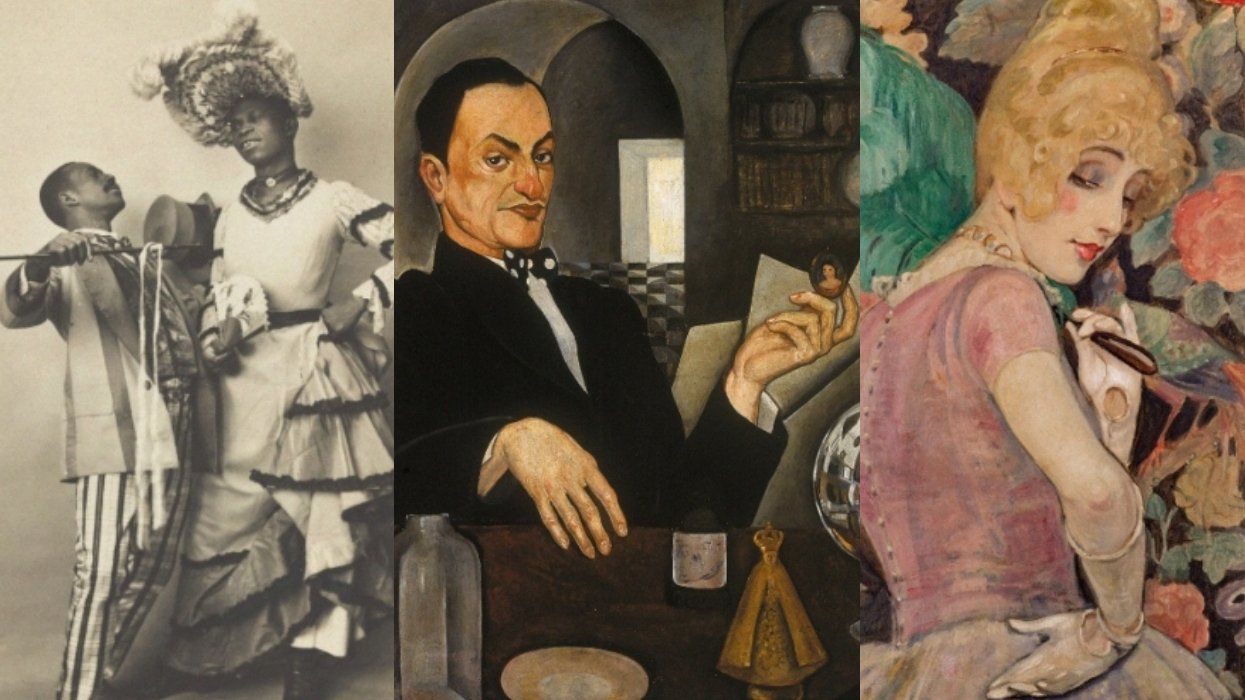


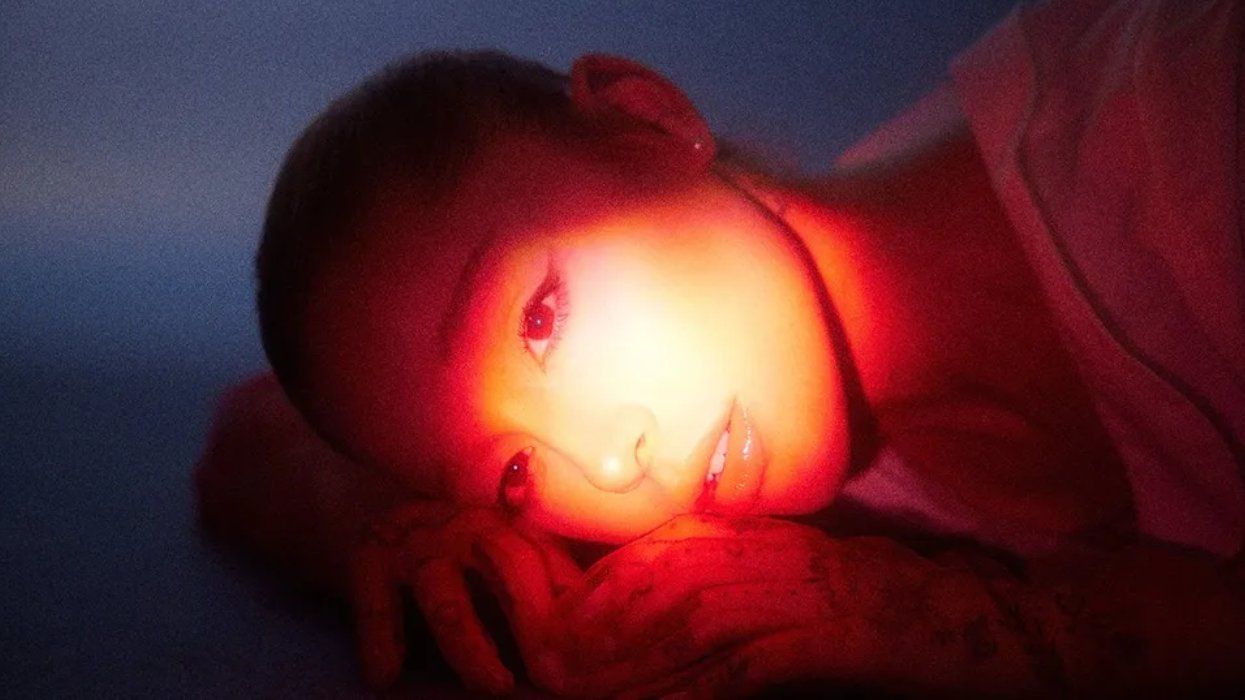
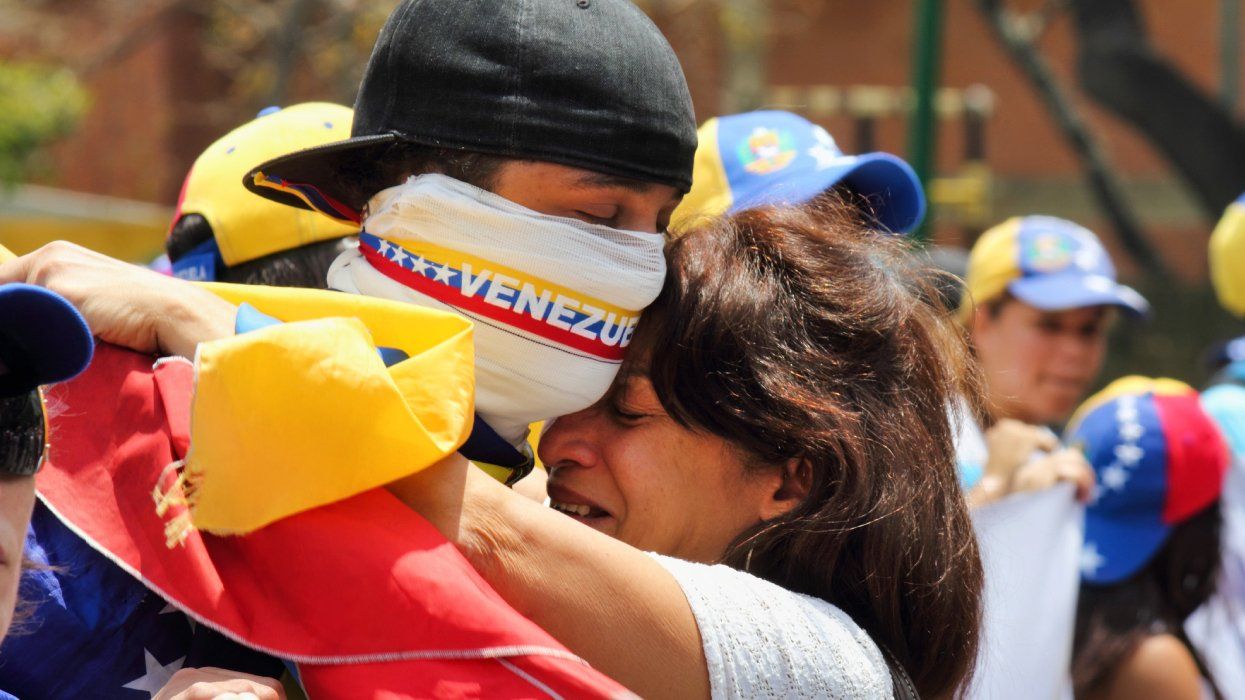
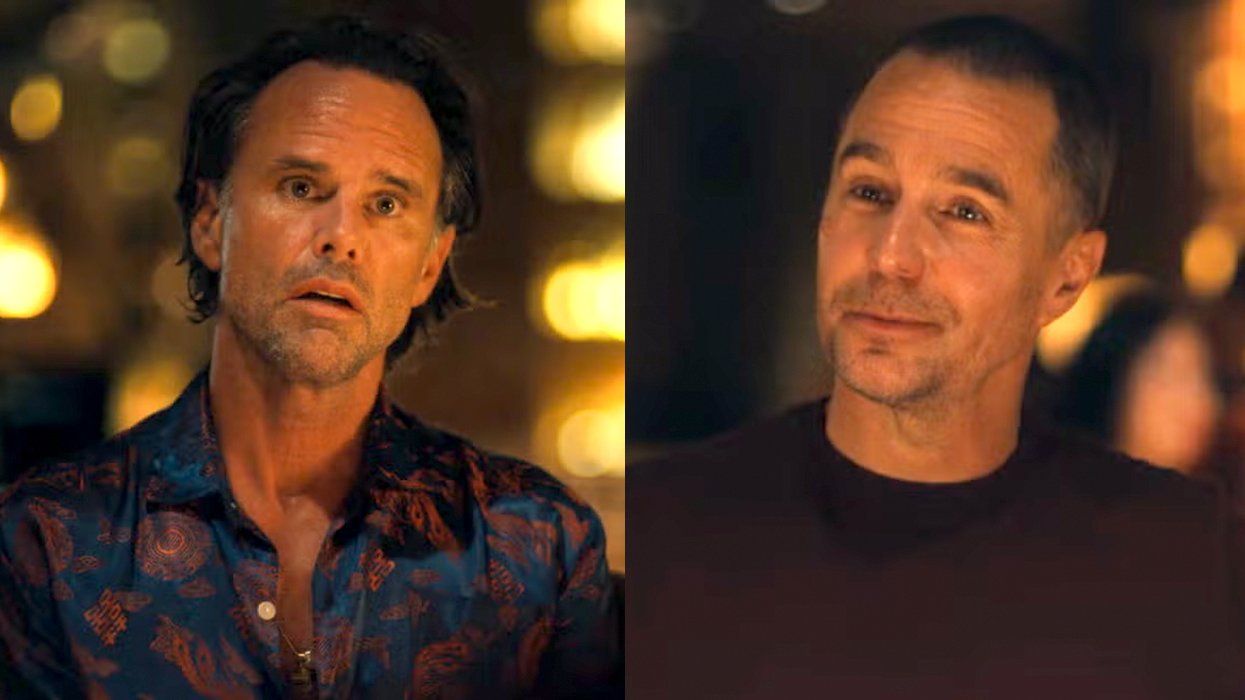

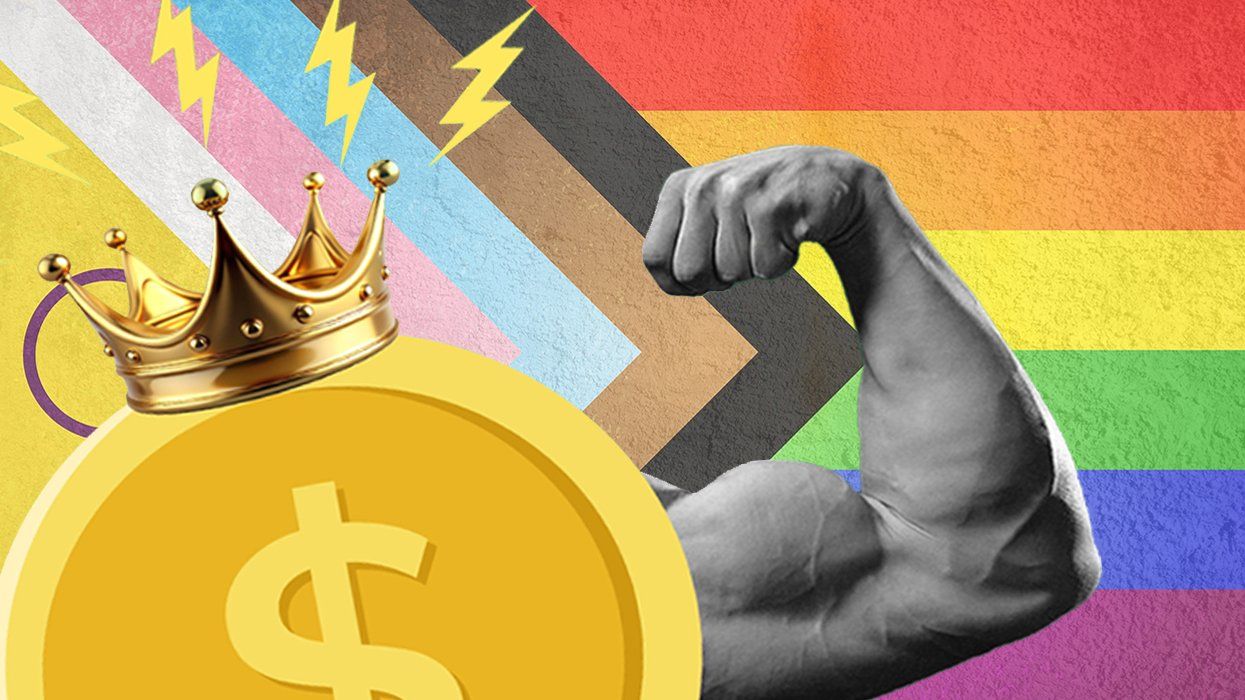


Op-ed: YouTube Keeps Failing Its Most Marginalized Users
Steven Crowder’s blatant homophobia and racist barbs only spurred his followers to attack producer Carlos Maza. And YouTube let it go on for far too long.